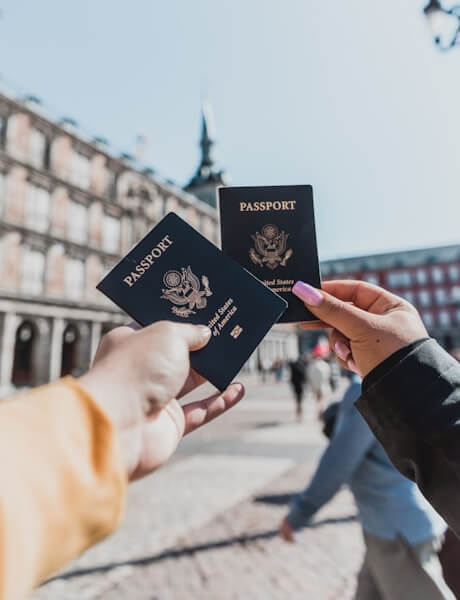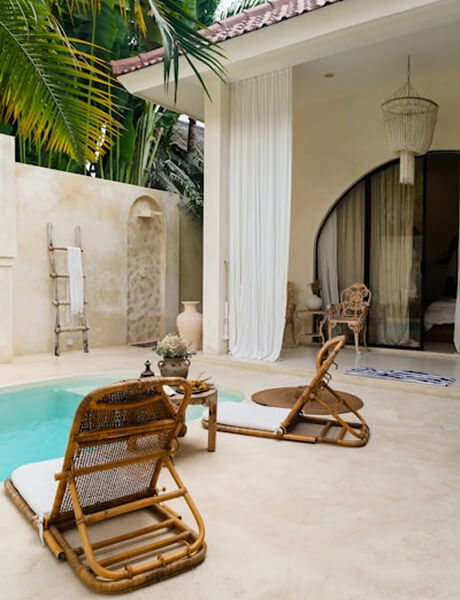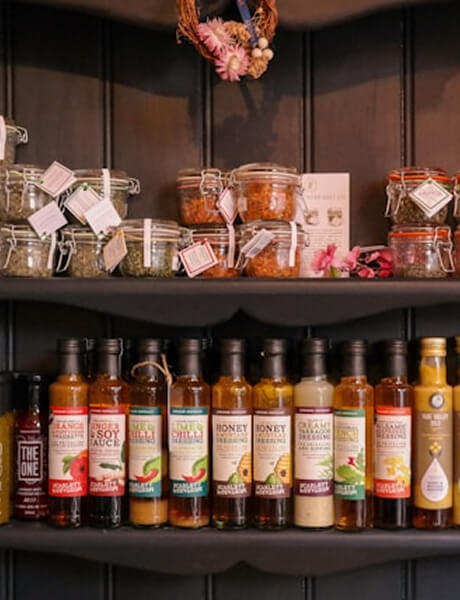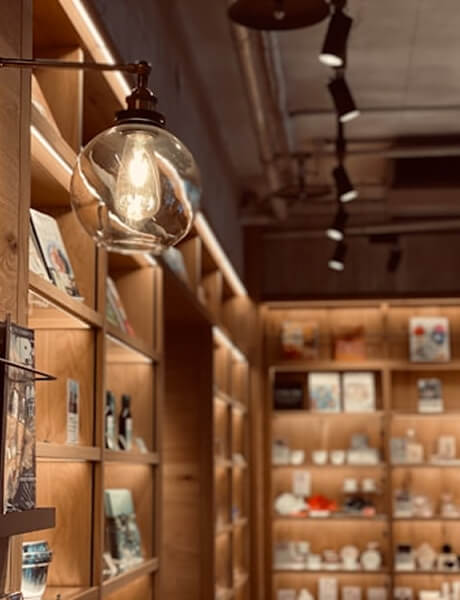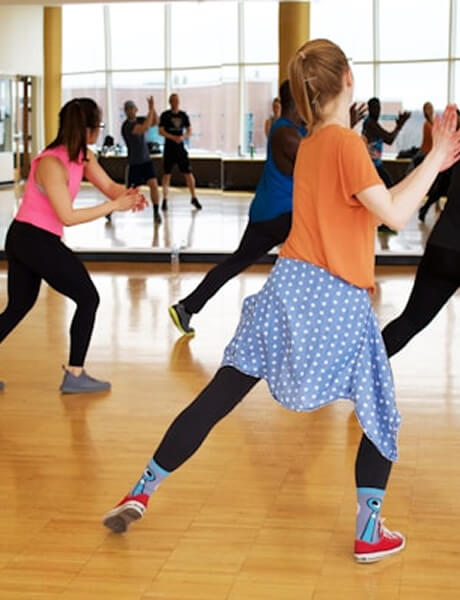
Travel guide Canada
The best time to go au Canada
Practical information for travel au Canada
Get your travel guide: CANADA

Where to go au Canada?
The most beautiful tourist sites
Other au Canada destinations
Régions
Départements
Zone touristique
Petit Futé's best addresses au Canada
Discover the most beautiful addresses selected by the authors of Petit Futé.
Featured articles du Canada

Le Québec et les provinces atlantiques, la nature dans toute sa splendeur
Updated on 22/09/2025 Ideas for holidays & weekend
Le Québec est une province splendide. Le visiteur ne manquera pas d'être surpris par l'immensité de ce territoire, trois fois plus grand que la France pour huit fois moins d'habitants. Une fois écartée...

Top 10 des plats succulents à découvrir en voyage
Updated on 22/09/2025 Activities and experiences

Where to go for adventure? Top 11 destinations in 2025
Published on 01/09/2025 Activities and experiences
From America to Asia, via Europe, Oceania and Africa, we're off on a round-the-world adventure. Between grandiose landscapes, wild nature and unforgettable encounters, each stage reveals a new facet...
How to travel au Canada
How to go alone
It is very easy to go alone in Canada, especially in Quebec. First of all, you will not have any language problem to communicate. Secondly, Canadians are charming and welcoming, which will facilitate all your exchanges. The cultural codes are similar to those of Europeans, so you won't be lost - but you will still be disoriented by the great North American spaces. It is also common and simple to rent a car to move between the big cities such as Montreal, Toronto, Vancouver... in the natural territories.
How to go on a tour
Canada being a very popular destination for the French, many tours are organized there. Tour operators generally plan to cover a geographical area, Vancouver and the Rockies for example, or Montreal and Quebec City, the distances being very large.
How to get around
Canada has many international and regional airports. The plane is the ideal means of transportation to travel long distances. To reach the islands, opt for ferries instead. Greyhound buses are the most popular and cheapest way to travel to different Canadian cities. They are very comfortable and safe. Finally, the car is the most common option for tourists, as it allows a great deal of freedom.
Book your next trip with Kayak
Travel au Canada
Ideas for holidays and week-end breaks au Canada
There's no shortage of ideas when it comes to planning your trip, but there is time. And let's not forget: Canada is huge, really huge. So unless you have several weeks to spare, it will be impossible to see the country from east to west or to explore Canada's far north from top to bottom.
It's worth checking out the website of Destination Canada, the national tourism office (voyages.destinationcanada.com). It allows you to explore the Canadian provinces and territories as well as the country's major cities, and to discover a whole bunch of travel ideas and good addresses by theme. You will also find links for each provincial and territorial tourism office. Let us also intervene and make some suggestions in order not to miss anything of the destination, with some unavoidable themes.
Services
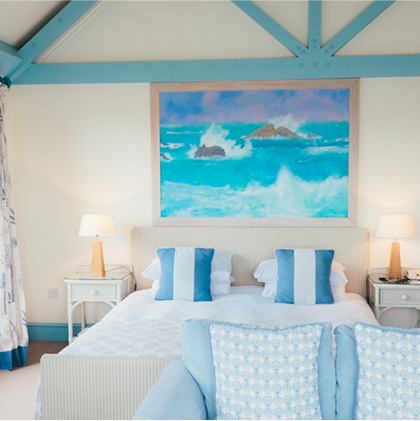
Find a hotel with Booking.com

Rent a car with Bsp-auto

Create a blog and travel journal
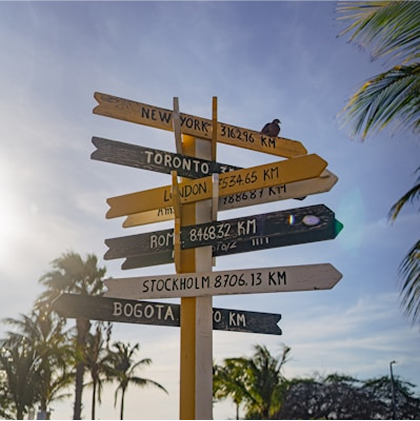
Find an agency with Quotatrip
Find unique holiday offers with our partners
Discover le Canada
With its North American-style cities, vast natural spaces and endless bodies of water, not to mention its legendary hospitality and contagious joie de vivre, Canada is one of the top destinations for international visitors. It goes without saying that such an immense country is a land of contrasts, from the arid zones and prairies of the south to the arctic regions of Canada's far north. There's also its history, dating back thousands of years to the presence of the Aboriginal peoples, and its incredible cultural melting pot resulting from different waves of immigration. A festive country with countless events and festivals all year round, it's also a fertile ground for the arts in all disciplines. And don't miss its diverse culinary scene, its abundance of outdoor activities and its beloved national sport, ice hockey.
The 12 keywords au Canada
#Aboriginal people
Present from coast to coast in over 600 communities, they are the continent's First Peoples, the country's roots. In Canada, Aboriginals are made up of First Nations, Métis and Inuit peoples, who make up nearly 5% of the population, not to mention the incredible wealth of their ancestral cultures and traditions.

#Arctic Circle
Located exactly at latitude 66° 33' 49.7" North, the Arctic Circle crosses each of Canada's three northern territories: Yukon, Northwest Territories and Nunavut. The most adventurous will be able to immortalize the moment near the official sign on the Dempster Highway, 330 kilometers south of Inuvik.
#Convenience stores
Called convenience stores on the English side, these shops open very late at night and every day of the week. Some even operate day and night. You can buy newspapers, cigarettes, beer (not everywhere), milk, canned food, some fresh products, etc. The prices are higher than in the supermarket, but it helps.
#Eh?
It's probably the biggest cliché of English speech in the country, but not without reason. It's true that English Canadians often end their sentences with the famous "Eh?", which more often than not translates into "Don't you think so? It is also used as a substitute for "Can you repeat that?

#Maple
A great Canadian symbol, it is the country's best known tree. Not only does its leaf sit proudly at the center of the national flag, but it also provides the lord of syrups, which is produced from the natural sap of the sugar maple. Bonus: it turns a blazing color in the fall, a sight not to be missed.
#Francophonie
Although Quebec is the leader of the language of Molière in the country, Francophones are present throughout Canada. Ontario has the largest number of francophones outside of Quebec and New Brunswick is an officially bilingual province. And that's not counting the many Francophiles...

#Hockey
It is the national sport and Canada has seven National Hockey League teams: the Vancouver Canucks, Edmonton Oilers, Calgary Flames, Winnipeg Jets, Toronto Maple Leafs, Ottawa Senators and Montreal Canadiens. If you have the opportunity to attend a game, don't miss your chance!

#Ingenuity
She gave birth to such landmark Canadian inventions as basketball, peanut butter, the electric stove, field hockey, insulin, the snowmobile, the alkaline battery, snowshoes, the paint roller, the garbage bag, maple syrup, sonar, the snow blower, Superman and the walkie-talkie.
#Melting-pot
Canada is a country where, from coast to coast, cultures from all over the world coexist, creating a formidable melting pot. Waves of immigration have followed one another relentlessly for centuries, in keeping with the country's deliberate policy, and the cities of Vancouver, Toronto and Montreal have come to symbolize this.
#Mounties
This is the nickname given to the Royal Canadian Mounted Police, the country's federal police force. It also acts as the territorial police force for Canada's provinces and territories, with the exception of Ontario, Quebec and Newfoundland & Labrador, which have their own provincial police forces.
#Black Gold
The oil sands are a major source of revenue and a mainstay of Alberta's economy, employing large numbers of Canadians who have come from other provinces to try to make a fortune. It is a hot topic, given the environmental damage, depleting reserves and uncertain economic conditions.
#Wexit
If you think that only Quebec has a desire for separatism, think again! Exacerbated by the attitude of the federal and eastern governments towards its regional economy - with the oil sands at the top of the list - Western Canada launched the Wexit movement, which saw the birth of a political party in 2020 that has since become the Maverick Party.
You are from here, if...
The weather is your main topic of conversation. You're the first one to go shirtless on the terrace as soon as the mercury reaches 10°C in spring. However, you put on your best woollens in autumn when the temperature reaches 10°C...
Your road trips are not measured in tens or hundreds but in thousands of kilometers.
You wait in line to take public transportation, and you never forget to tip in restaurants, bars or cabs.
You spend your time apologizing for everything.
You order a double-double at Timmies, then pay with your loonies and toonies.
Your wardrobe includes fleece jogger pants and a Roots hoodie, or something that says We the North.
You'll be proud of the Winter Olympics and the World Ice Hockey Championships, where the country always does well.










